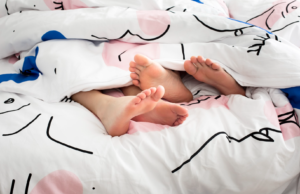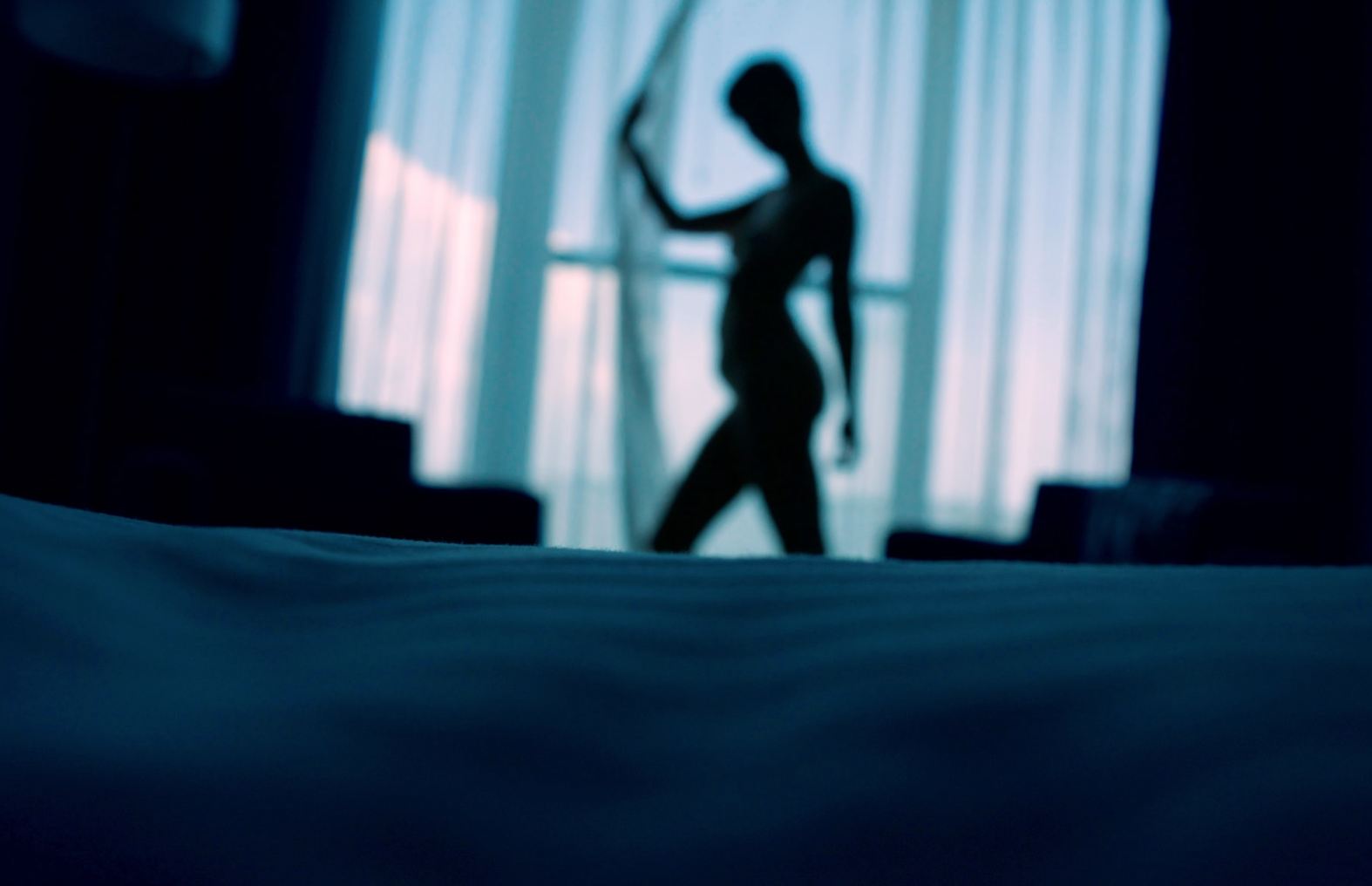For many women, menopause can affect their libido, or sex drive, sometimes with an increase in libido, but more often, a decrease. During the onset of menopause, a low libido can be the result of a decline in your hormone levels.

It can be difficult to desire sexual intercourse when experiencing the range of changes and symptoms to your body as a result of menopause. However, there are ways to combat these symptoms.
When it comes to the various menopause symptoms that decreased hormone levels can often cause, a loss of libido along with vaginal dryness or tightness, which can lead to pain during sex, can be some of the most difficult adjustments and mentally frustrating symptoms for a woman to deal with during menopause. Though not unique, there are a range of symptoms, including depression, mood swings, hot flushes or flashes, and weight gain, which can also decrease a woman’s sex drive during menopause.
This can be very frustrating for both a woman and her partner, putting a strain on the relationship during an already stressful and confusing time. This is why it is vital to understand that many of these changes are normal and experienced by a large numbers of women during menopause. You are not alone, nor should you need to deal with this situation alone. The Australian Menopause Centre is here to help guide you through your menopause journey with a helping hand and listening ear.
If you’re experiencing a loss of libido, book a free no obligation consultation with our experienced medical team, who can develop a targeted low libido menopause treatment program just for you. It is important to note that there is also a range of lifestyle changes that can be made which may increase your sex drive.
Menopause Low Libido
There are a few ways in which menopause can negatively affect a woman’s libido. As testosterone and oestrogen levels decrease during menopause, it can make it more difficult for a woman to get aroused. This oestrogen decrease can also lead to vaginal dryness, though, this can be rectified by using lubrication. You may also experience a thinning of the vaginal wall, which is known as vaginal atrophy, and can also make the act of sex more uncomfortable.
The other physical changes, such as weight gain that a woman can experience during menopause, can lessen the desire for sex. Hot flashes or flushes and night sweats or depression and irritability, can also affect a woman’s desire for sexual intercourse.
If you are approaching or currently going through menopause and have noticed a negative effect on your libido, there are a range of home remedies or prescription medications that may help, along with a hormone replacement program from the Australian Menopause Centre.
It is important to understand why your sex drive has decreased, with some medical professionals recommending a sex therapist when no physical issue is present. Not all women experience a lower libido during menopause, which is why it is important to ensure that your symptoms are directly related to this period of your life.
Are you experiencing this symptom?
Take the questionnaire to determine if it may be a sign of menopause, and discover how we can help
Menopause Hormone Replacement Therapy (MHRT)
MHRT has been known to reduce vaginal dryness, and vaginal atrophy as the declining hormones your body needs are restored once again.
There is some evidence that suggests small doses of testosterone can help to increase the libido of a woman in menopause, however there can be negative side effects such as an increased risk of high cholesterol, acne and increased hair growth that should be first considered.

Low libido and other menopause symptoms can make it hard to feel sexy, or even have the energy for intercourse. Speak to the Australian Menopause Centre today about how we can help.
Other Solutions
Home remedies for vaginal dryness, such as lubricants, can ease the vaginal dryness symptom, which may help to increase your libido as it removes some of the discomfort you may have been experiencing during intercourse.
Regular exercise of around 30-45 minutes a day can also be beneficial as it can improve your mood and mental state, as well as reduce weight gain. Exercise releases endorphins, reducing stress, and combating depression. In particular, kegel exercises are a great way to tighten your pelvic muscles, which can enhance the sensation of sex. These exercises simply require you to contract your pelvic floor muscles for five seconds, then slowly release.
Along with an exercise routine, a healthy diet creates a resilient body and reduced stress. Maintain a variety of foods including fresh vegetables and whole grains while drinking plenty of water and avoiding meat, sugars and dairy.
Experiencing Low Libido?
It is vital to remember that any drop in libido during menopause is normal and not your fault; there is a decreased amount of hormones in the body that are causing these feelings to occur.
If low libido is causing you distress, speak to our team. Our team will work with you to understand your menopause symptoms.
Speak to us by calling 1300 883 405 and our doctors will provide information and support during this difficult time.
Book A Free No Obligation Medical Consultation
Speak with one of our doctors confidentially to discuss & if you are suitable a treatment plan will be prescribed.